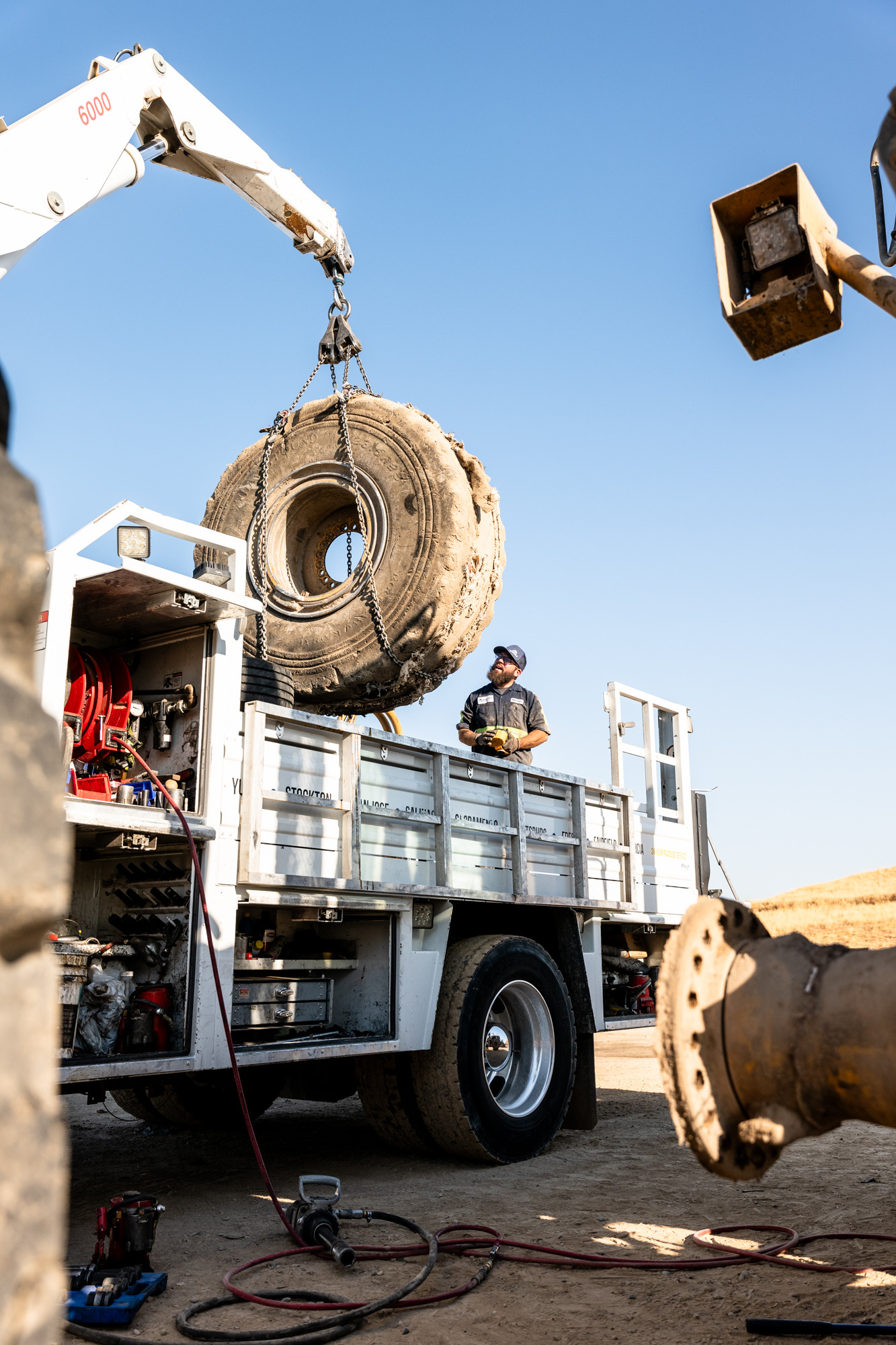Morris Tires: Your Companion for Expert GMC Tires Service
Morris Tires: Your Companion for Expert GMC Tires Service
Blog Article
Tire Solution: The Impact of Weather
When it involves guaranteeing optimal efficiency and security when driving, comprehending the influence of weather condition problems on tire solution is crucial. From scorching heat to icy roadways, each weather condition element can considerably influence tire functionality and overall driving experience. By diving right into the results of varying climate condition on tires, vehicle drivers can acquire important understandings that may enhance their vehicle's performance and durability. In this conversation, we will explore the complex connection between climate condition and tire service, dropping light on the relevance of weather-specific tire maintenance techniques and considerations.
Warmth and Tire Performance
When subjected to high temperature levels, tires experience modifications in efficiency that can significantly affect lorry safety and security and handling. The warmth created from extended driving or hot climate problems causes the tire rubber to soften, leading to reduced tread life and enhanced wear.

Cold Weather Condition Effects
Cold climate problems can have a significant effect on tire efficiency and safety. As temperature levels decrease, tire rubber can solidify, causing decreased traction on icy or snow-covered roadways. In winter, tires might also shed air stress a lot more swiftly, which can impact handling and gas effectiveness. In addition, cool temperature levels can create tire sidewalls to tense, increasing the risk of damages from pockets or other roadway threats.
To alleviate the results of chilly weather condition on tires, it is critical to on a regular basis examine tire pressure and inflate them to the maker's recommended levels. Using winter or all-season tires designed for winter conditions can also improve grip and grasp on icy or snowy roads. Proper tire maintenance, including routine evaluations for wear and damage, comes to be much more crucial during chillier months to make certain optimum performance and safety.
Rainy Conditions Effect
Tires with damaged treads are more prone to hydroplaning, where a layer of water builds up between the roadway and the tire surface area, leading to loss of grip. To combat this, chauffeurs ought to frequently check their tires for adequate tread deepness and take into consideration investing in tires particularly developed for damp problems.
In addition, stormy climate can additionally lower visibility, making it testing for vehicle drivers to see the road ahead plainly (GMC Tire Service). In such problems, it is vital to change driving speeds as necessary and keep a safe complying with range to permit abrupt stops. Appropriately filled with air tires can also help in keeping control on wet roads by offering far better handling and hold
Snow and Tire Security
When driving in snowy problems, having the best tires can make a significant difference in safety and security and efficiency. Winter months tires are developed with special rubber substances and tread Website patterns to offer far better grip on snow and ice contrasted to all-season tires.

In addition, drivers need to take into consideration mounting tire chains in extreme snowy problems. Tire chains give extra traction by grasping the snow and ice, boosting security and control. It is crucial to follow producer guidelines when mounting and making use of tire chains to prevent damage to the tires and car (GMC Tire Service). By picking the ideal tires, keeping appropriate inflation, and thinking about extra traction aids like tire chains, motorists can enhance their safety and security when navigating snow-covered roads.
Weather-Related Tire Upkeep
Weather-related tire maintenance encompasses an array of practices aimed at making certain optimal tire function and longevity in different weather condition circumstances. One essential facet of weather-related tire upkeep is tire stress law. Evaluating tire tread on a regular basis and changing tires when step wear reaches a specific deepness is important for keeping grip and security in adverse weather condition.
Final Thought
To conclude, weather have a substantial influence on tire performance and safety. From heat impacting tire pressure and wear to cool climate decreasing grip, it is important to think discover this info here about the weather condition when preserving and utilizing tires. Rainy problems can reduce hold and result in hydroplaning, while snow can enhance the threat of mishaps if tires are not properly outfitted. Weather-related tire maintenance is important in making sure optimum efficiency and security when driving.
In this conversation, we will certainly explore the elaborate relationship in between weather condition problems and tire service, losing light go to my blog on the value of weather-specific tire maintenance methods and considerations.

Report this page